Switzerland
The World Health Organisation (WHO) is splashing money on travel far more than it does on three crucial diseases that it continues to fight.
The combined financial commitments it made to AIDS, TB and malaria in 2016 stood at $191m, $71, $61 and $59m respectively. Yet, the WHO – which is said to be cash trapped, reportedly spent $200m on travels by staff last year alone.
The costly travel costs were contained in internal documents made available to the Associated Press (AP) news agency. According to experts, the report could make fundraising by the WHO even more difficult.
The AP further quotes internal sources in the body as criticising the abuse of travel procedures. “We don’t trust people to do the right thing when it comes to travel,” Nick Jeffreys, WHO’s director of finance, said during a September 2015 internal seminar on accountability.
Whiles the executive director of the Director-General’s office, Ian Smith, also said WHO’s audit committee chief had expressed worry that little was being done to arrest the situation.
“We, as an organization, sometimes function as if rules are there to be broken and that exceptions are the rule rather than the norm,” Smith said.
Between 2013 – 2016, the U.N. health outfit’s travel expenses came up to an estimated $803m taking into account the spike in travels following the 2014 Ebola outbreak in West Africa.
The body’s annual budget of approximately $2 billion is drawn from the taxpayer-funded contributions of its 194 member countries; the United States is the largest contributor.
Some of its most recent fundraisers are connected with averting the famine in Somalia ($100m) and the humanitarian crisis in Yemen ($126m).
“When you spend the kind of money WHO is spending on travel, you have to be able to justify it,” said Dr. Ashish Jha, director of the Global Health Institute at Harvard University.
“If WHO is not being as lean as possible, it’s going to be hard to remain credible when they make their next funding appeal,” Jha added.



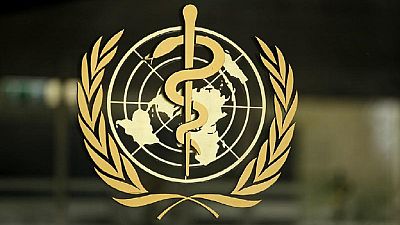

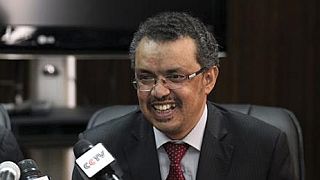

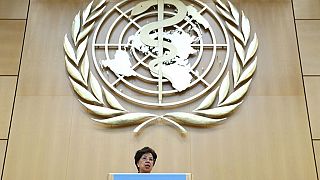
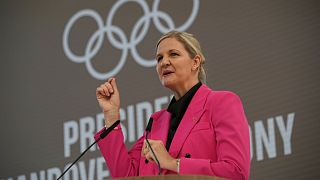
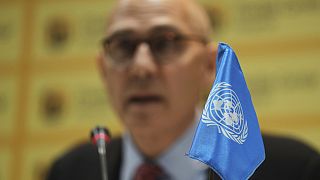




Go to video
In Kenya, 90% of packaged food needs health warning label under new rules
11:15
AI drones lead breakthrough against malaria in Africa [Business Africa]
Go to video
Over 40 killed in attack on Sudanese hospital: WHO Chief condemns “Appalling” strike
01:29
US medication safety agency approves biannual preventive HIV shot
Go to video
Ghana confirms 34 new Mpox cases, total rises to 79
01:07
WHO says the mpox outbreak remains a public health concern